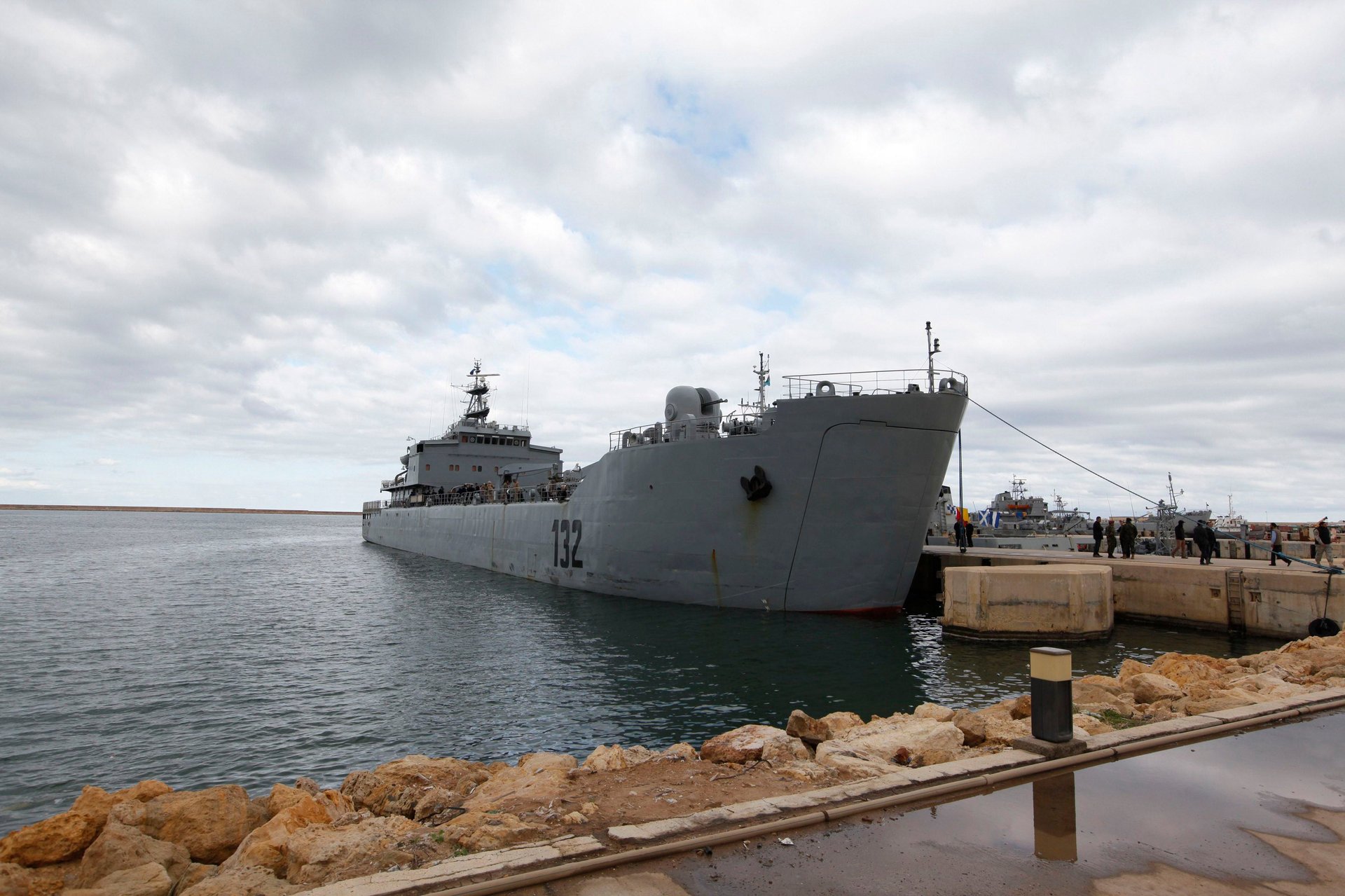Petro-states are threatening their rebel regions with lawsuits and gunshots
There is a breakout of new rebel petro-states, but the mother countries are fighting back: Baghdad says it will sue anyone who buys unauthorized oil from Iraqi Kurdistan, and Libya has threatened to sink any tanker attempting to load crude from its insurgent east.


There is a breakout of new rebel petro-states, but the mother countries are fighting back: Baghdad says it will sue anyone who buys unauthorized oil from Iraqi Kurdistan, and Libya has threatened to sink any tanker attempting to load crude from its insurgent east.
The brinksmanship challenges a more or less iron-clad rule of energy—regardless of the obstacles thrown in its way, oil almost always finds its way to market. To the degree the trouble goes on, oil prices are likely to continue to gyrate because of the loss of crude supplies to the market. But the local hunger for oil revenue may lead to compromise.
For now, Kurdistan’s independence-mindedness means that Iraqi Prime Minister Nouri al-Maliki–whose government issued its lawsuit threat on Friday, Jan. 10–is battling a two-front struggle to keep his country together, as fighting continues in Anbar province as well. In Libya, the trouble is reverberating, among other places, in a five-year high in some oil shipping rates.
The Iraqi Kurds announced Jan. 8 that they will begin to sell oil piped independently to the Turkish Mediterranean port of Ceyhan. This created a public cheer from local and Western wildcatters who have put down tens of millions of dollars in investment bets on this very outcome—that they could ship their oil freely to the market. But not so much from Baghdad, which first and foremost insists that it and only it can sell crude oil anywhere in Iraq, but more specifically fears a breakup of the country if regions carry out their own independent export deals.
As for Libya, a militia in the eastern part of the country has seized control of oilfields and sea export terminals that until six months ago handled some 600,000 barrels of crude oil a day. The oil strike is damaging Libya, costing the government some $10 billion so far. With so much at stake, a Libyan naval vessel on Jan. 8 fired warning shots at an oil tanker that seemed poised to take on oil at the port of Es-Sider.
Neither countries’ rebels seems likely to back down soon. But one wonders if the market will help to resolve the tension. Until now, Baghdad and Turkey were negotiating a way for the Kurdistan sales to go forward while keeping Baghdad in the picture. But now that the Kurds have pushed ahead for an independent solution, oil buyers may hesitate if they believe they will end up in court for enabling oil pilferage from the country. In Libya, too, buyers seem unlikely to risk taking on oil if they think Libya is not bluffing about shooting up tankers. Hence, if the rebels want oil export cash, they may have to find common ground with their central governments.